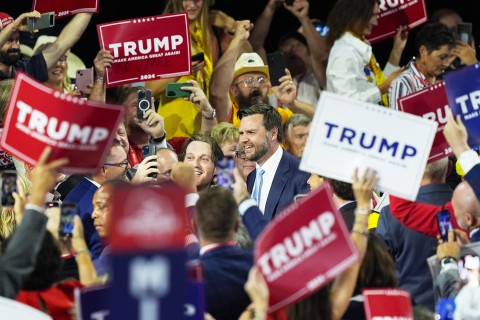Pope Francis created 13 new cardinals at his sixth consistory on October 5. Ten are under 80 years old and therefore will be eligible to vote at the next conclave for his successor.
With the creation of these new Catholic princes, who share Francis’s emphasis on a missional and evangelizing church, Francis has now named a total of 91 new cardinals, and more than 52 percent of the voting cardinals, giving him the power to reshape the church.
During a ceremony welcoming the new cardinals, Francis spoke of the danger that occurs “when a man of the church becomes an official,” calling them to more “compassion” in a time when the Vatican faces financial scandals and internal divisions
“Unless I feel I am the object of God’s compassion, I cannot understand his love. This is not a reality that can be explained. Either I feel it or I don’t. If I don’t feel it, how can I share it, bear witness to it, bestow it on others?” Francis asked.
Speaking to reporters before the ceremony, Spanish bishop Miguel Ángel Ayuso Guixot, who heads the Vatican’s pontifical council for interreligious dialogue, said Pope Francis “made it understood that the church is a church on the move, a church open to all realities. And here I see this wealth in variety.”
“You, Holy Father, with your tireless work, have often called us to be [the] church going out—to go to the existential peripheries, to walk on a journey of ecumenical and interreligious dialogue,” Ayuso said during his welcoming address before receiving the red hat.
Ayuso, whose career began as a missionary priest in Egypt and Sudan before serving as a promoter of interreligious dialogue in Africa, is representative of the new cardinals. The new appointments showcase the “pastoral, missionary and interreligious dimension of the consistory,” he explained.
The new cast of cardinals also supports the pope’s efforts to create a more diverse and global hierarchy.
Eight of the ten new cardinals who are eligible to vote belong to religious orders, highlighting the pope’s concern with elevating the work of missionaries and of religious life. Salesian archbishop Cristóbal López Romero, of Rabat, Morocco, a Spaniard, has spent his career in Paraguay, Bolivia, and northern Africa as a missionary.
“I think the pope wanted to make visible the churches that were almost invisible,” the archbishop told a small group of journalists at the Vatican. “He wanted to say to us that we are moving in a good direction and we have to continue to work on the interreligious and inter-Christian dialogue and immigrant people.”
The question of immigration is another theme of this consistory. Among the new cardinals is Jesuit priest Michael Czerny, undersecretary of the section for migrants and refugees in the Dicastery for Promoting Integral Human Development, which is spearheaded by Francis himself. —Religion News Service





